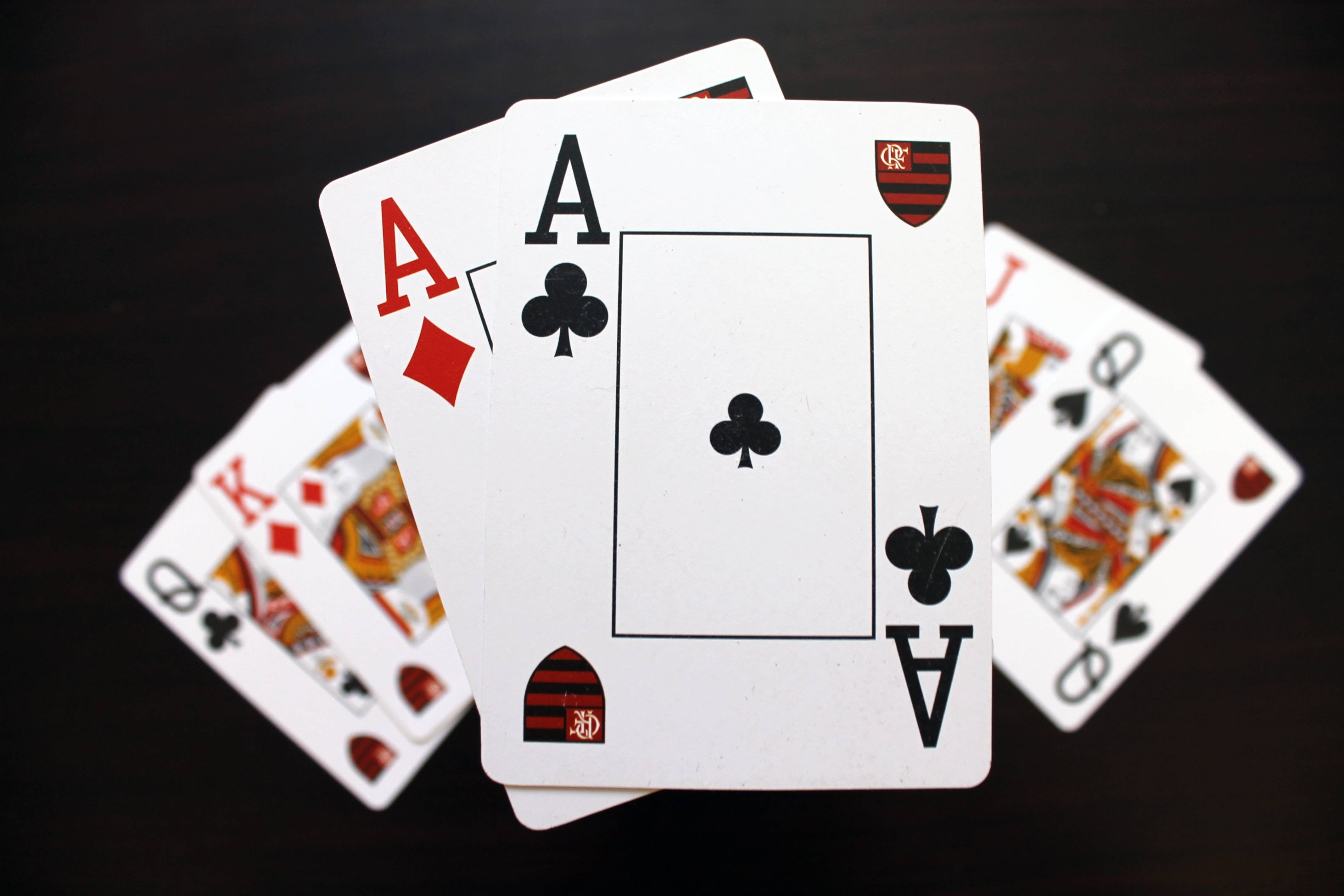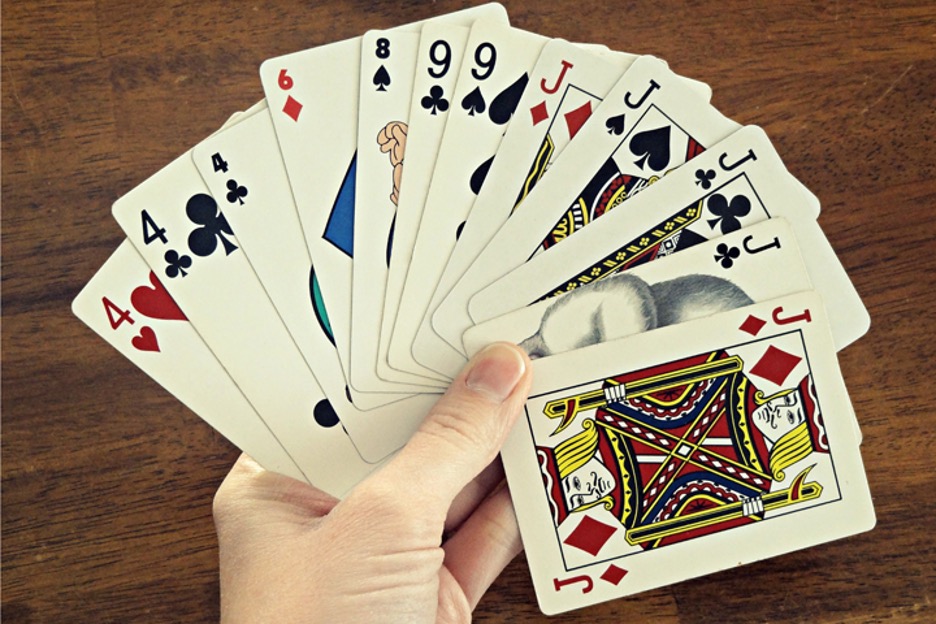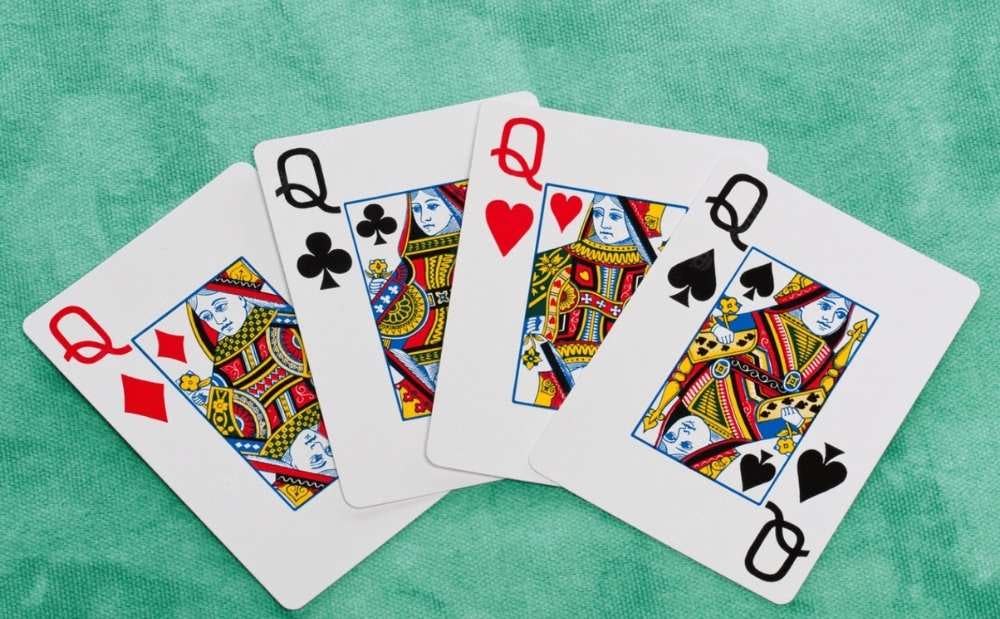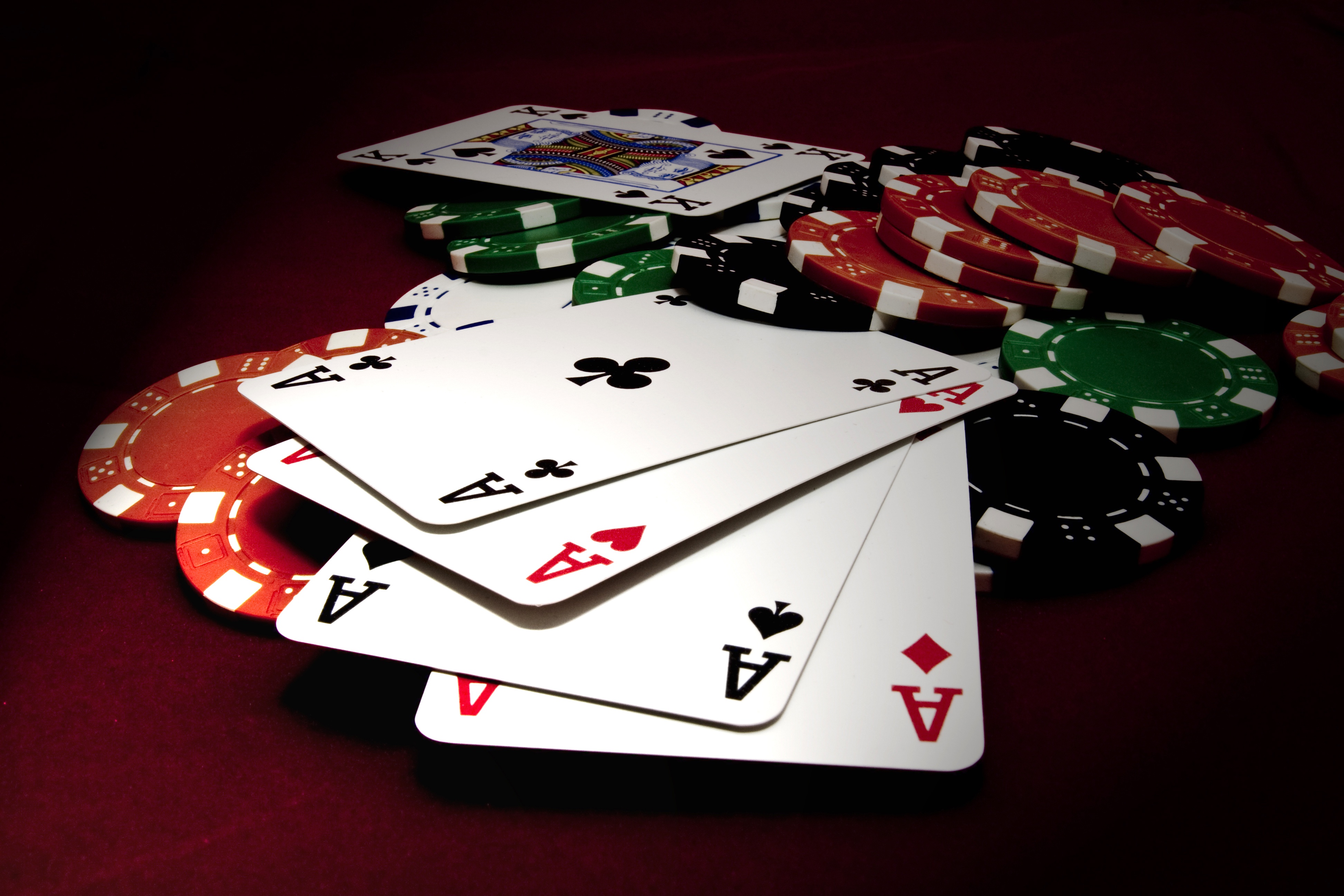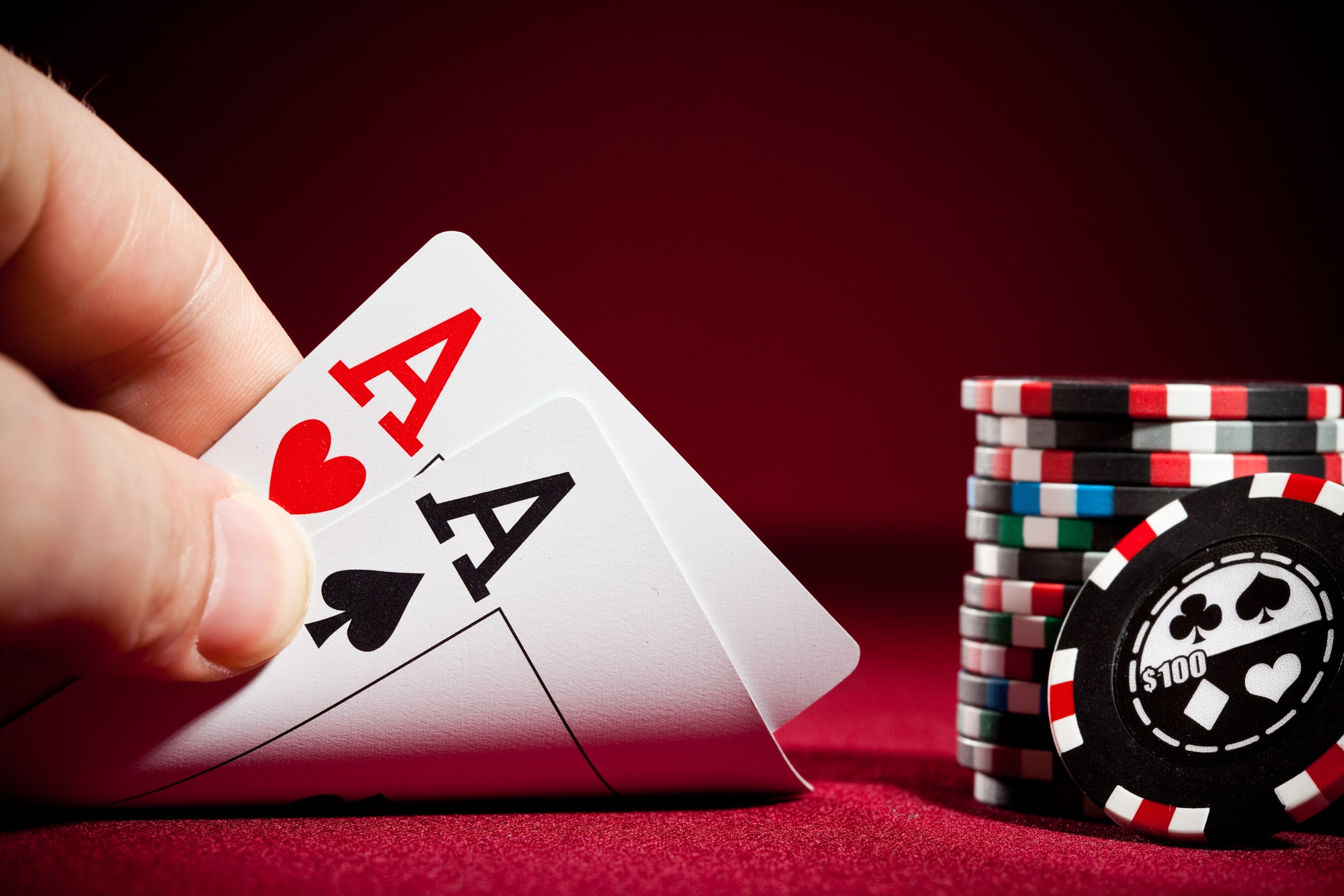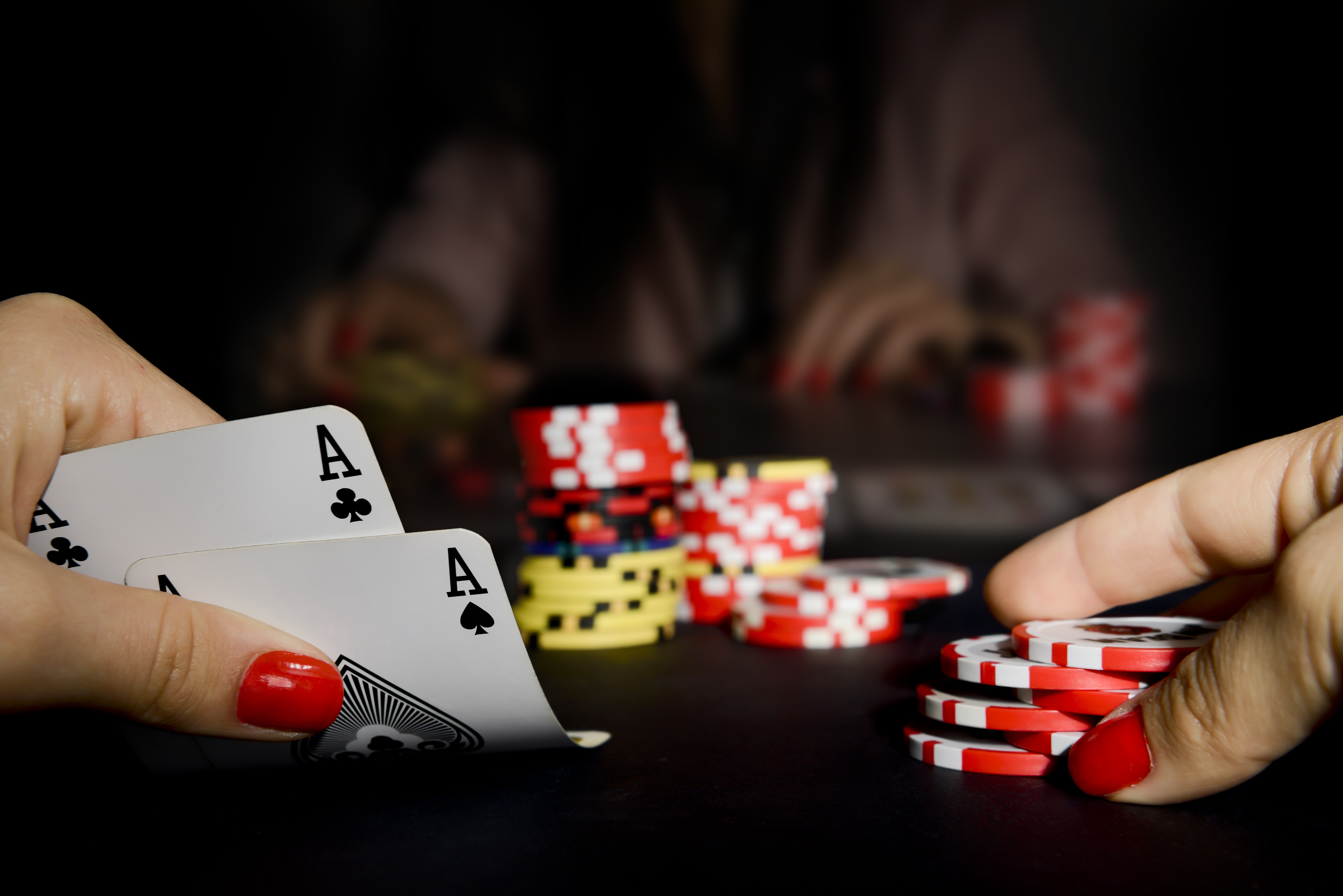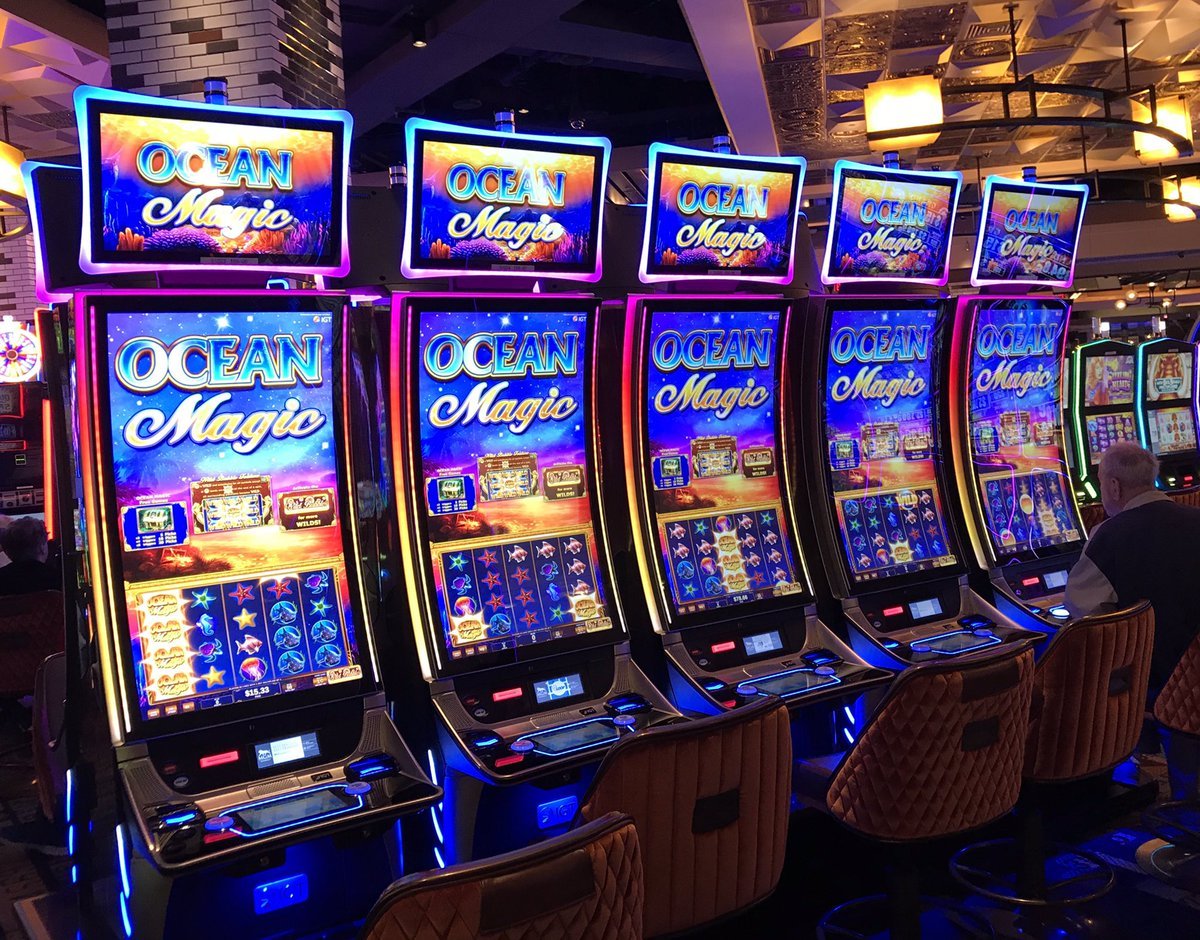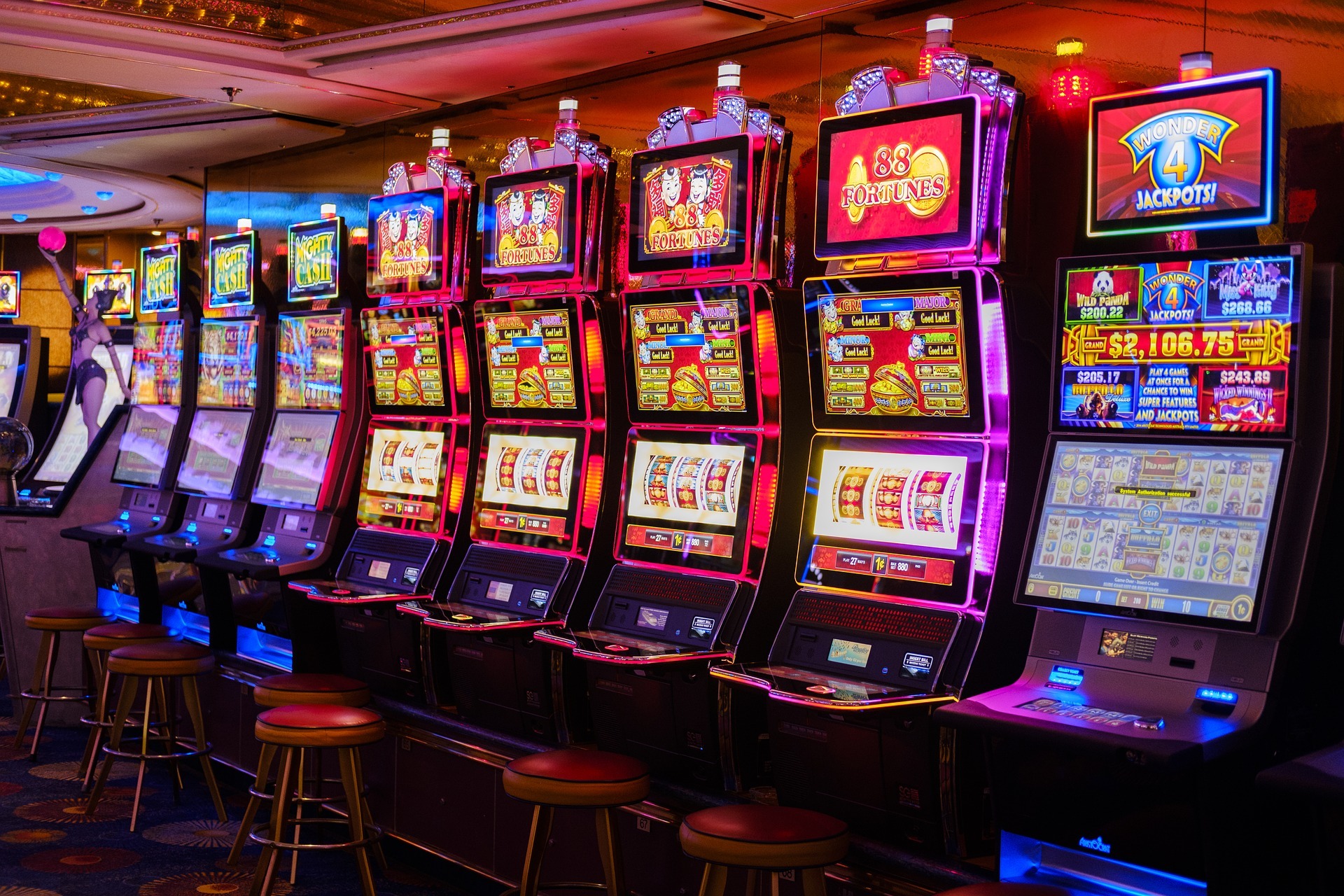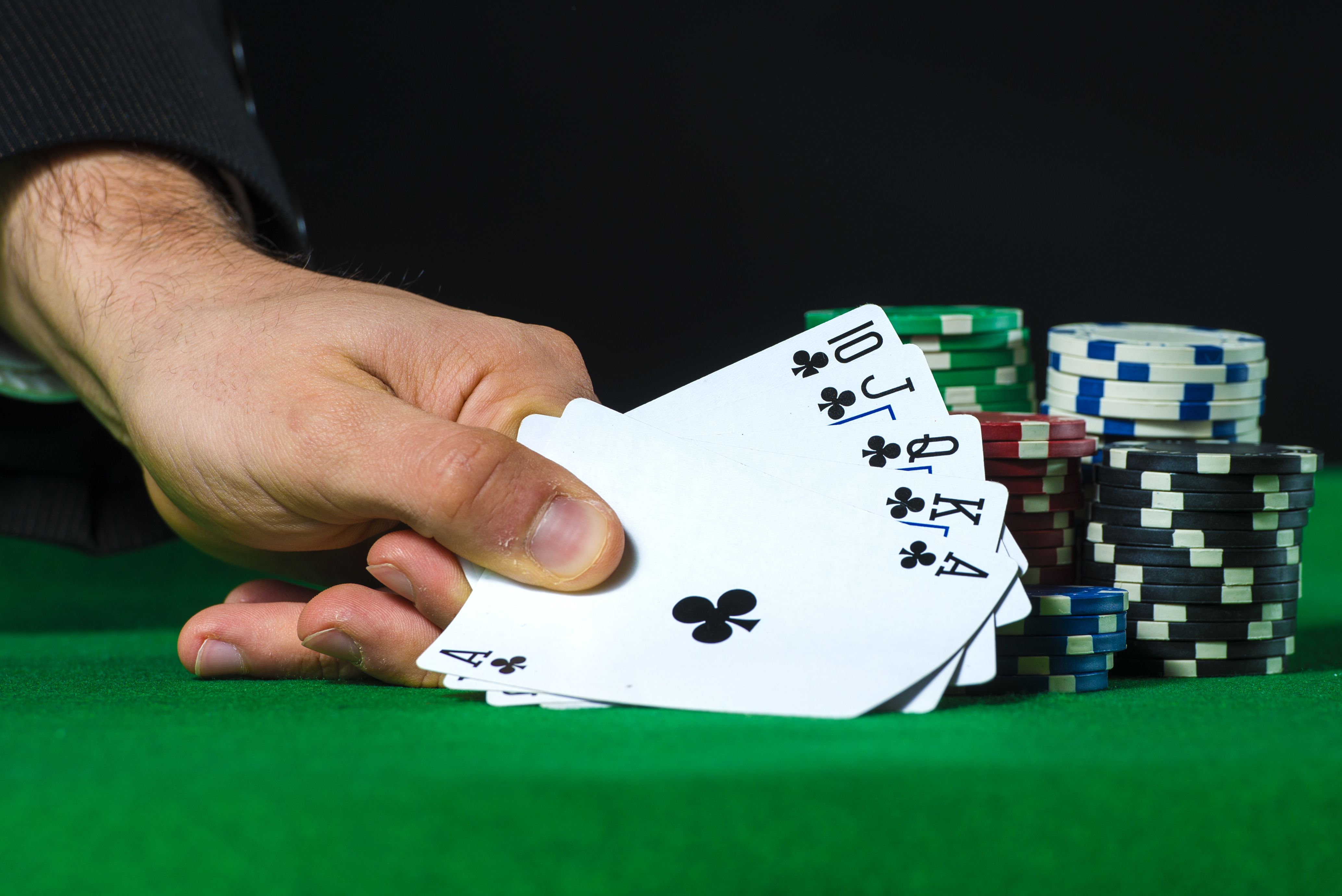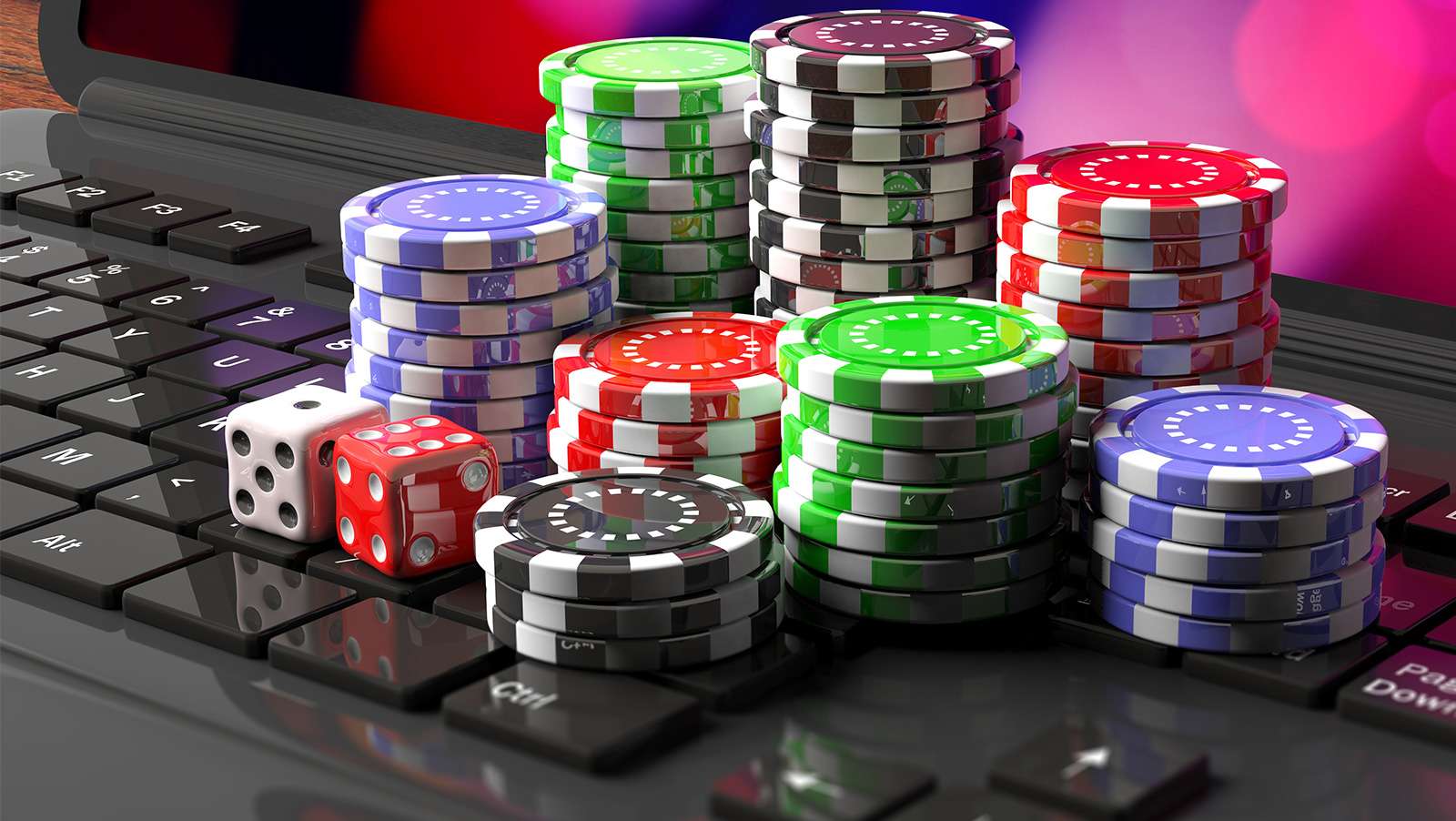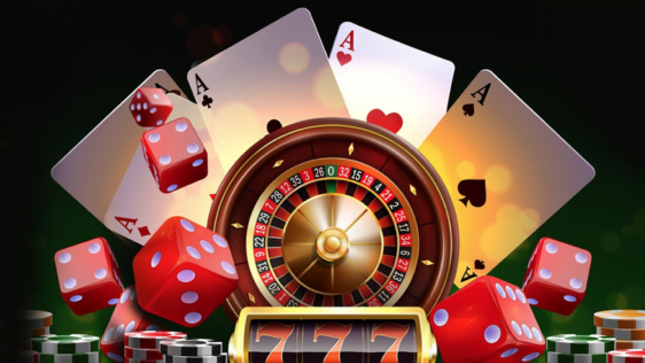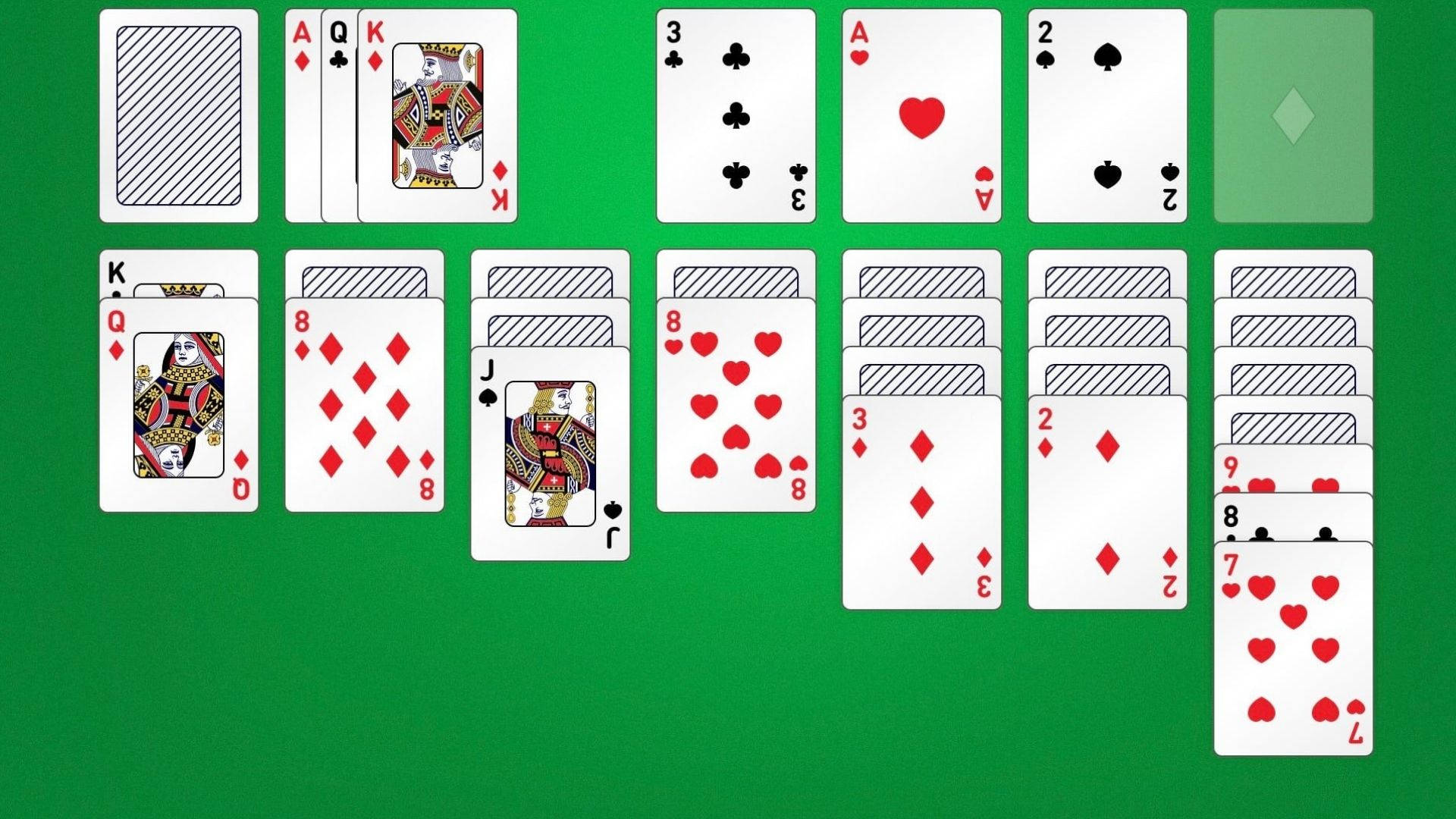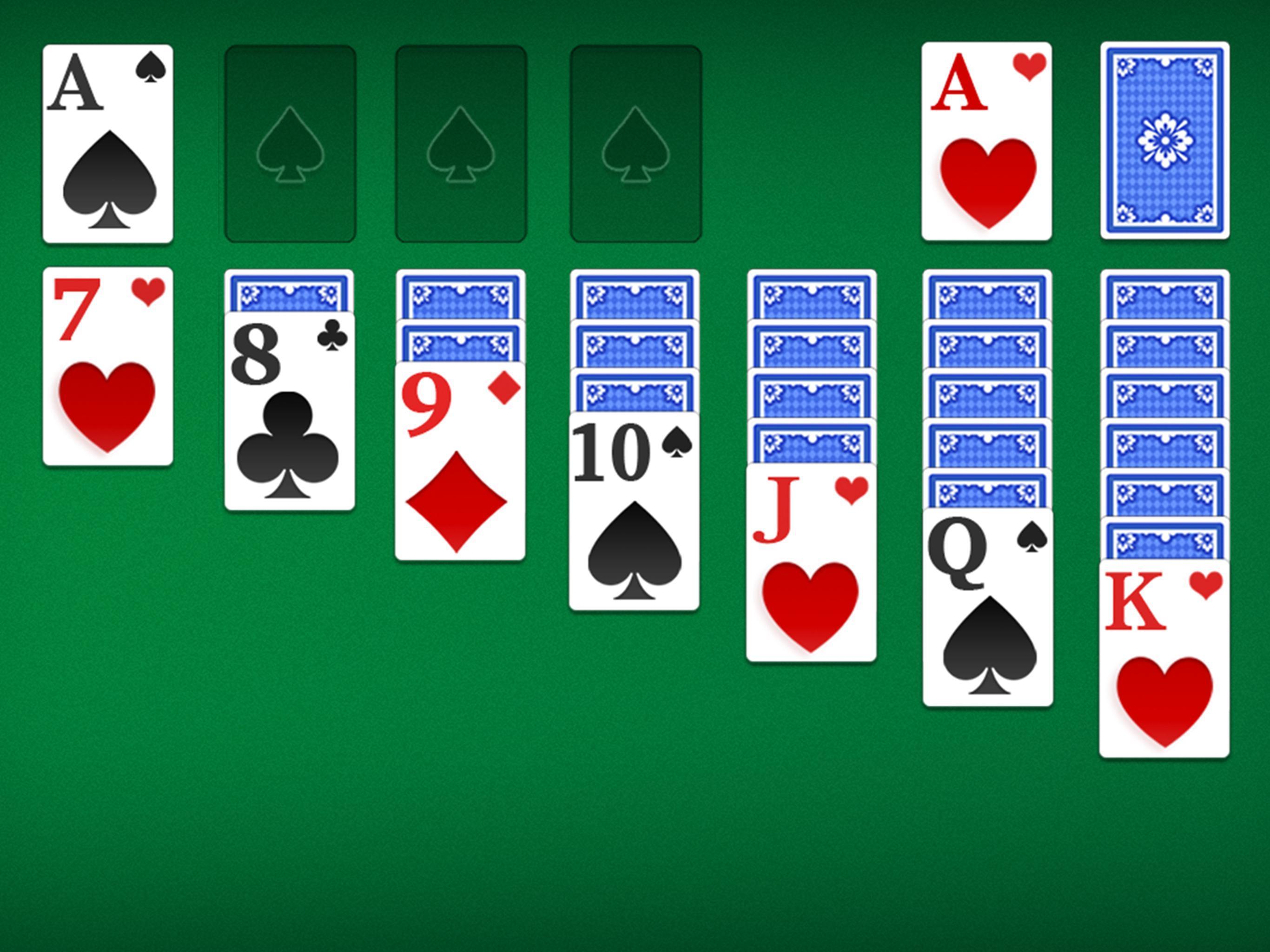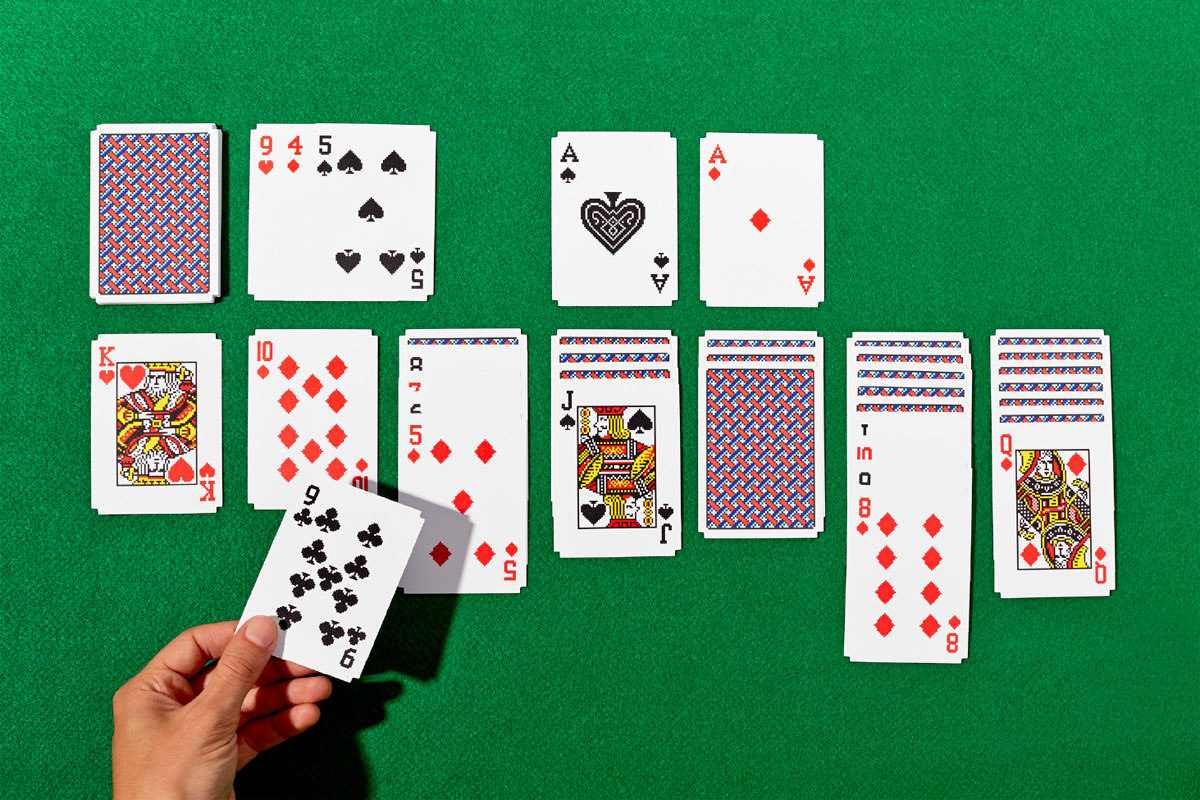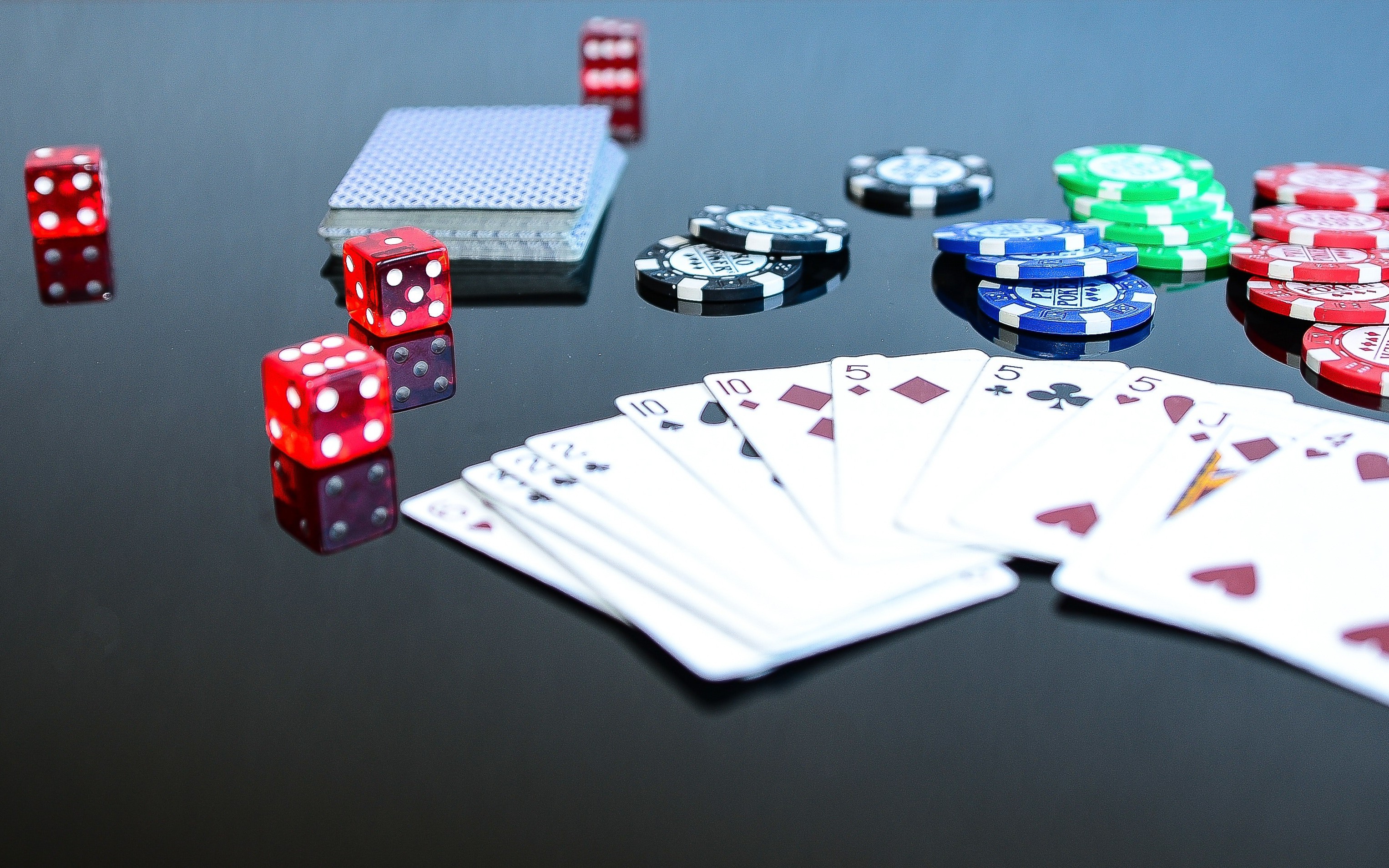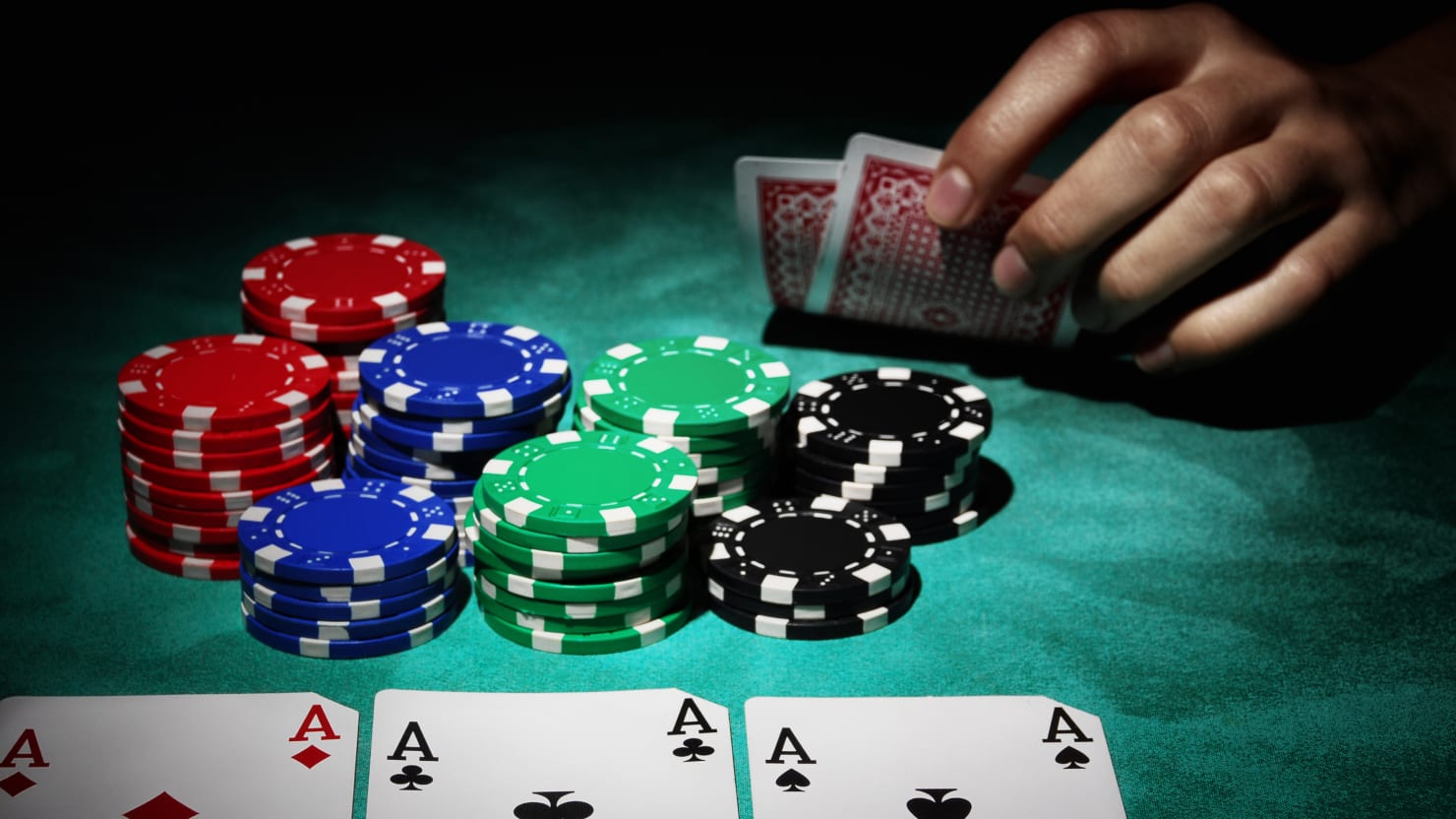Introduction
How To Play Keno In Vegas: Keno in Las Vegas, a thrilling lottery-style game that combines luck and strategy for an unforgettable gaming experience. As you step into the opulent Vegas casinos, Keno presents itself as an enticing option to try your hand at chance and potentially win big.In Keno, you’ll be immersed in a whirlwind of anticipation as you select your lucky numbers from a ticket containing numbers 1 to 80. The objective is to match your chosen numbers with the ones drawn in a random Keno draw. The more numbers you match, the higher your potential payout, offering a tantalizing incentive to play.
As you join fellow players in the Keno lounge, you’ll encounter various betting options, from straightforward selections to more intricate combinations. Each bet holds the promise of excitement and the chance to strike it lucky. we’ll take you through the captivating world of Keno in Vegas, unraveling the game’s mechanics, exploring the sports betting options, and understanding the odds. So, whether you’re a seasoned Keno enthusiast or a newcomer seeking to delve into this enthralling game, get ready to embrace the thrill of the Keno draw and savor every moment of this immersive gaming experience in the dazzling city of Las Vegas.
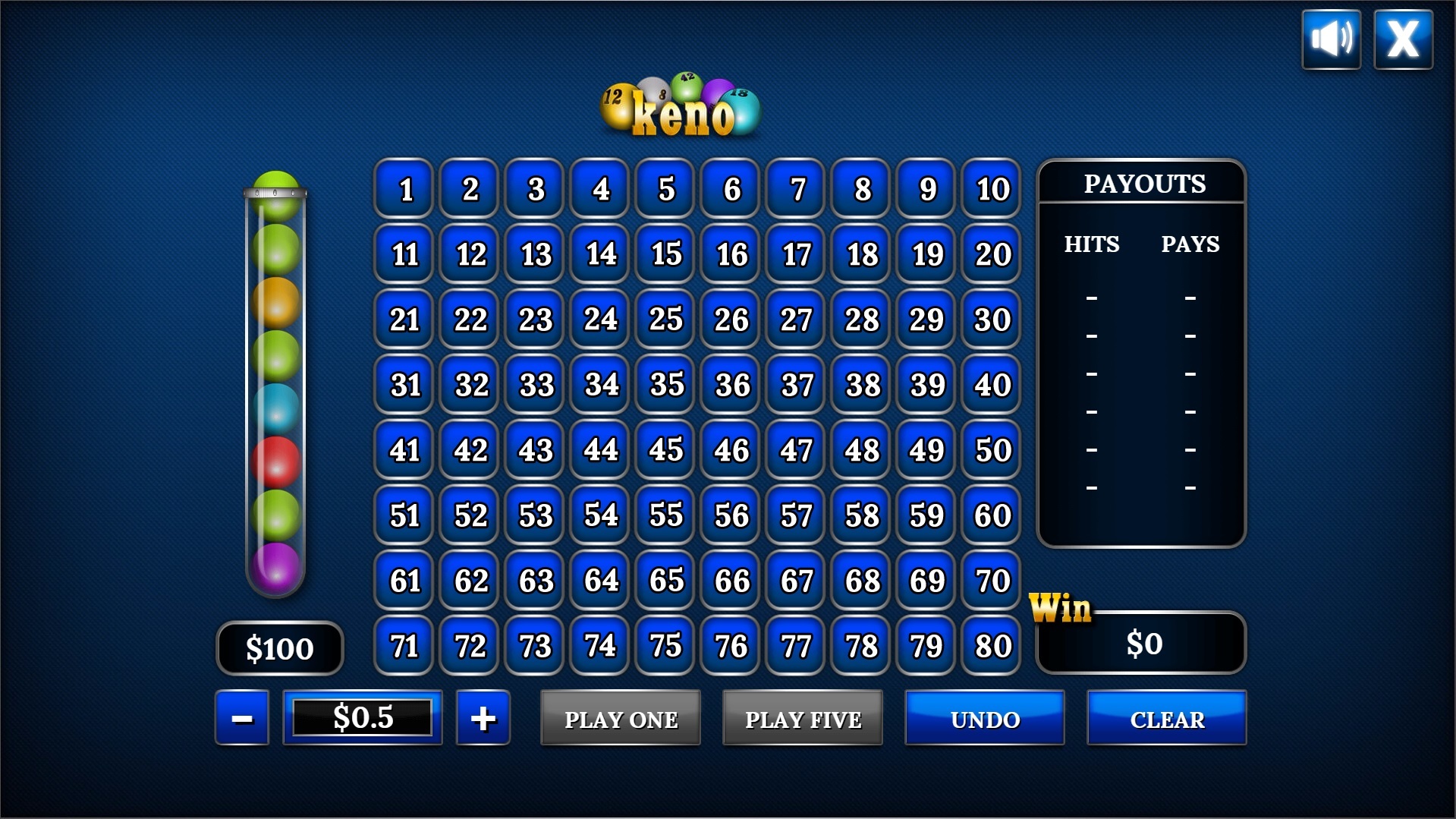
How to play keno in Vegas?
Firstly, bettors select the numbers that they wish to play. They would then mark the amount you wish to wager in the upper-right hand corner of the ticket; with the minimum wager around $1, depending on the bookmaker. Simply present your wager to the Keno writer and hope your numbers come in!
Playing Keno in Las Vegas is a straightforward and exhilarating experience that offers a chance to try your luck and potentially win substantial prizes. Here’s a step-by-step guide on how to play Keno in Vegas:
Obtain a Keno Ticket: Head to the Keno lounge in the casino and request a Keno ticket. The ticket will have numbers from 1 to 80 listed in rows and columns.
Choose Your Numbers: Select your lucky numbers by marking them on the Keno ticket. You can typically pick up to 20 numbers, but the exact limit may vary from casino to casino.
Determine Your Bet: Decide on your wager amount, which will influence the potential payout for matching your chosen numbers.
Submit Your Ticket: Hand over your completed Keno ticket and bet to the Keno writer at the counter. They will process your bet and provide you with a receipt.
Watch the Keno Draw: Relax in the Keno lounge or explore the casino while the Keno numbers are drawn. The winning numbers are usually displayed on large screens or monitors throughout the casino.
How do you win at keno in Las Vegas?
Best Way to Play Keno – 5 Strategy Tips to Win more often
- Choose Casinos (and Games) With Better Payouts.
- Play For Free to Learn How To Play Keno.
- Select Between Four and Eight Numbers.
- Choose Consecutive Numbers or The Cold Ones.
- Play Keno at a Reliable Casino.
Winning at Keno in Las Vegas involves a combination of luck, strategy, and prudent betting. While Keno is primarily a game of chance, there are some tips that players can employ to enhance their chances of success:
Understand the Odds: Familiarize yourself with the odds and payouts offered by the casino for various Keno bets. This will help you make informed betting decisions.
Consider Multi-Race Tickets: Some casinos offer multi-race Keno tickets, allowing players to participate in several consecutive Keno draws with the same numbers. This can be a strategic approach to increase your chances of hitting a winning combination.
Manage Your Bankroll: Set a budget for your Keno play and stick to it. Avoid chasing losses and be disciplined with your wagers to ensure a more enjoyable and responsible gaming experience.
Choose the Right Number of Spots: Carefully select the number of spots (numbers) you want to play on your Keno ticket. Balancing the risk and potential payout can maximize your chances of winning.
Join Keno Promotions: Some casinos run Keno promotions with special bonuses or added prizes. Participating in these promotions can add value to your Keno play.
How do you play casino keno?
keno, gambling game played with cards (tickets) bearing numbers in squares, usually from 1 to 80. A player marks or circles as many of these numbers as he wishes up to the permitted maximum, after which he hands in, or registers, his ticket and pays according to how many numbers he selected.
Playing casino Keno is an exciting and straightforward experience that combines the thrill of a lottery-style game with the allure of a casino setting. Here’s a step-by-step guide on how to play casino Keno:
Obtain a Keno Card: Head to the Keno lounge or designated area in the casino and request a Keno card. The card will have numbers from 1 to 80 listed in rows and columns.
Choose Your Numbers: Select your lucky numbers by marking them on the Keno card. You can typically pick up to 20 numbers, but the exact limit may vary from casino to casino.
Determine Your Bet: Decide on your wager amount, which will influence the potential payout for matching your chosen numbers.
Submit Your Card: Hand over your completed Keno card and bet to the Keno writer at the counter or Keno booth. They will process your bet and provide you with a receipt.
Watch the Keno Draw: Relax in the Keno lounge or designated viewing area while the Keno numbers are drawn. The winning numbers are usually displayed on large screens or monitors throughout the casino.

How much does keno pay in Las Vegas?
Paybacks range from below 70 percent to more than 80 percent. The object of the game of Keno is to guess which numbers will be selected.
The payouts for Keno in Las Vegas can vary depending on the casino and the specific bets placed by the players. Generally, the payouts are determined by the number of spots (numbers) the player selects on their Keno ticket and how many of those numbers match the drawn numbers in the Keno draw.
In Las Vegas, the most significant payouts are typically associated with hitting a higher number of spots, such as 7, 8, 9, or even 10 out of the 20 numbers drawn. Payouts for matching fewer spots will be proportionally lower.
The specific payout tables and odds can differ from one casino to another, so it’s essential to check the casino’s Keno rules or ask a Keno writer for information on payouts before placing bets. Remember that Keno is a game of chance, and while the potential payouts can be substantial, winning is never guaranteed.
Where is the best place to play keno in Vegas?
One of the best Keno lounges in Vegas is at The Plaza Hotel & Casino. The reason it is regarded so highly is that their Keno lounge is open between 11 am to 9 pm daily with a new game starting every five or so minutes!
Las Vegas, renowned as the entertainment capital of the world, boasts an array of exceptional casinos where you can experience the excitement of playing Keno. While the best place to play Keno ultimately depends on personal preferences, several casinos stand out for their Keno offerings and overall gaming experience.
Some iconic Vegas casinos, such as The Venetian, Bellagio, and Caesars Palace, are known for their luxurious ambiance and top-notch Keno lounges. These establishments offer a vast selection of Keno games and provide an upscale gaming environment.
For a more intimate and vintage Keno experience, head to The El Cortez Hotel & Casino or The D Las Vegas. These historic venues feature classic Keno lounges, providing an authentic feel of old-school Vegas charm.
Downtown Las Vegas offers the Four Queens Hotel & Casino and Binion’s Gambling Hall, both renowned for their lively Keno action and excellent service.
If you prefer a lively and energetic atmosphere, The Mirage and MGM Grand offer bustling Keno lounges, adding to the electrifying ambiance of these world-class casinos.
Ultimately, the best place to play Keno in Vegas depends on your personal preferences, budget, and the overall experience you seek. No matter where you choose to play, the allure of Keno in Las Vegas promises an unforgettable gaming adventure in the heart of the casino capital.
Do they still play keno in Las Vegas?
Plaza Live keno at Plaza runs daily from 11 am – 6:45 pm on Monday – Wednesday and closing time extends until 8:45 pm Thursday – Sunday.
Keno remains a popular and beloved game in Las Vegas. Despite the proliferation of modern casino games and technology, Keno’s charm and allure have stood the test of time, making it a staple in many Vegas casinos.
Las Vegas is renowned for its vibrant casino scene, and Keno continues to be a significant part of that experience. Many casinos in the city offer dedicated Keno lounges or designated areas where players can enjoy this classic lottery-style game.
Whether you visit the iconic mega-resorts on the famous Las Vegas Strip or explore the classic casinos in downtown Vegas, you are likely to find Keno as one of the gaming options offered.
The game’s simplicity, combined with the potential for substantial payouts, continues to attract both seasoned gamblers and casual players alike. Additionally, Keno’s social and interactive nature makes it a fun and engaging choice for friends and family to enjoy together.
So, if you find yourself in Las Vegas, take a break from the slot machines and card tables and try your luck at Keno. The game’s enduring presence in the city ensures that Keno enthusiasts can still revel in its excitement and anticipation, creating timeless memories in the dazzling world of Las Vegas casinos.
What is Keno, and how do you play it in Vegas?
Keno is an engaging and easy-to-play lottery-style game offered in many Las Vegas casinos. It traces its roots back to ancient China and has evolved over the centuries into the beloved casino game it is today. Keno’s allure lies in its simplicity, making it accessible to both seasoned gamblers and newcomers alike.
In Vegas, playing Keno starts with obtaining a Keno ticket, which features numbers from 1 to 80 listed in rows and columns. Players then select their lucky numbers from the ticket, with the option to choose up to 20 numbers.
Next, players determine their bet amount, which influences the potential payout for matching their chosen numbers. After completing the ticket and placing their wager, players submit it to the Keno writer at the casino’s Keno lounge or booth.
Players can relax and enjoy the anticipation as the Keno draw takes place, with numbers randomly drawn using a computerized random number generator or traditional Keno balls from a machine. The drawn numbers are displayed on large screens throughout the casino.
To win, players need to match as many of their chosen numbers as possible with the numbers drawn during the Keno draw. The more matches, the higher the potential payout.
Keno offers a blend of excitement and chance, creating a captivating gaming experience amidst the vibrant atmosphere of Las Vegas casinos. So, whether you’re a gambling enthusiast or a curious traveler, Keno in Vegas promises an enjoyable and unforgettable adventure filled with anticipation and the potential for lucrative rewards.
How are Keno numbers drawn in Vegas?
Las Vegas, Keno numbers are drawn using a computerized random number generator or a traditional Keno ball machine. The method of drawing the numbers can vary from one casino to another.
With the computerized random number generator, a sophisticated software program randomly selects the numbers for the Keno draw. The process ensures fairness and eliminates any possibility of bias or manipulation.
Alternatively, some casinos still opt for the traditional method of using a Keno ball machine. In this approach, the machine contains 80 Keno balls, each marked with a unique number. The balls are mixed and drawn randomly one by one, with the numbers displayed on large screens as they are drawn.
Regardless of the method used, the drawing process is entirely random, ensuring a fair and impartial outcome for each Keno game in Las Vegas. Players can watch the draw in the designated Keno viewing areas within the casino, creating an atmosphere of excitement and anticipation as they eagerly await the results of their Keno tickets.

Conclusion
Playing Keno in Las Vegas offers a thrilling and immersive gaming experience that combines chance and strategy in a lottery game. As you step into the glitzy casino settings, you’ll find Keno lounges or designated areas where you can partake in this classic and beloved game. The process of playing Keno is straightforward and accessible to all, making it an ideal choice for both seasoned gamblers and casual players looking to try their luck. From obtaining a Keno ticket to selecting your lucky numbers and determining your bet, the steps are simple, yet they lead to an exhilarating journey filled with anticipation.
As you watch the Keno draw unfold, the excitement builds, and the potential for substantial payouts adds to the thrill. Whether you’re enjoying the game solo or sharing the experience with friends and family, Keno in Vegas promises moments of joy and entertainment. Amidst the vibrant atmosphere of the city of lights, Keno in Las Vegas remains a cherished and enduring tradition. So, if you find yourself in the dazzling world of Vegas casinos, don’t miss the opportunity to immerse yourself in the excitement of Keno and embrace the allure of this timeless and captivating game. Get ready to embark on a Keno adventure, where chance meets strategy, and every draw promises a chance to strike it lucky in the bustling heart of Las Vegas.




